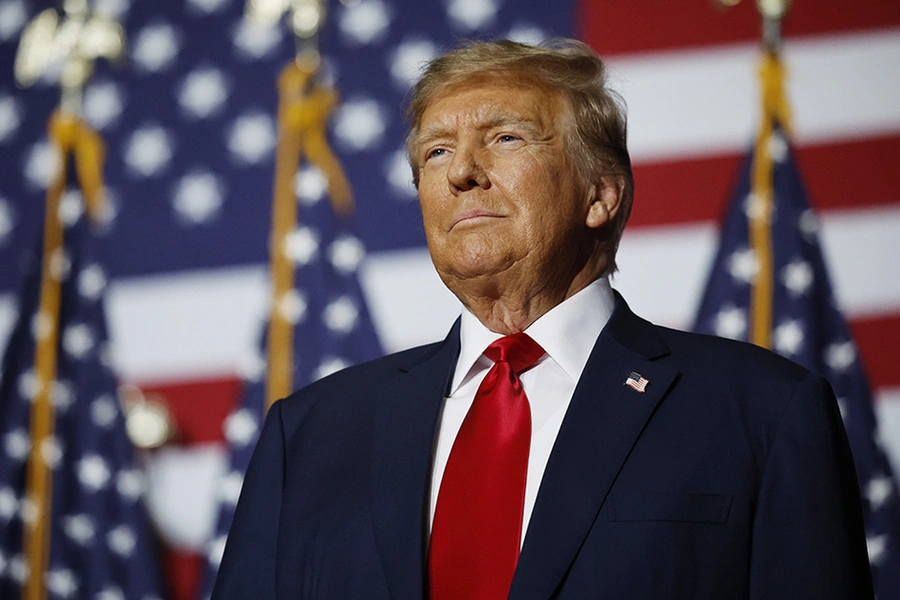The Trump administration scored another victory on the National Guard front Saturday, this time in Illinois. The 7th Circuit Court of Appeals issued a partial administrative stay, temporarily blocking a lower court’s order that had barred the administration from federalizing and deploying the state’s National Guard units.
The ruling marks a setback for Illinois officials who have been fighting to keep control over their Guard forces, and a boost for the administration’s broader effort to assert federal authority amid ongoing unrest and border-related operations.
Predictably, the moment the Trump administration announced plans to deploy the National Guard to Illinois, lawsuits began flying. Democratic officials and activist groups wasted no time gearing up for legal battles aimed at stopping the move, continuing their pattern of challenging nearly every federal action tied to restoring order or enforcing immigration law.
On October 4, Secretary of War Pete Hegseth invoked “10 U.S.C. § 12406 to federalize and bring under Department of Defense control up to 300 members of the Illinois National Guard, over the objection of the Governor of Illinois (“Federalization Order”), and, on October 5th, another up to 400 National Guard from the State of Texas to deploy into Chicago (“Texas Mobilization Order”).”
The State of Illinois and the City of Chicago quickly filed suit to challenge the Trump administration’s move, and on Thursday, U.S. District Judge April Perry of the Northern District of Illinois issued a temporary restraining order blocking both the federalization and deployment of the National Guard within the state.
The administration promptly appealed, and on Saturday, the 7th Circuit Court of Appeals—mirroring a similar decision by the 9th Circuit—granted an administrative stay on the portion of the order related to federalization but left the restriction on deployment in place. At the same time, it reviews the administration’s motion for a full stay pending appeal:
A federal appeals court on Saturday partially restored President Trump’s control of the National Guard in Chicago and across Illinois, but prevented him from being able to actually deploy servicemembers in the Prairie State.
The U.S. Court of Appeals for the 7th Circuit granted the Trump administration’s request for an administrative stay in part, meaning the president is allowed to federalize the National Guard in Illinois. The appeals court, however, denied the administration’s request to be able to deploy the National Guard. Unless further ordered by the court to do so, troops do not need to return to their home states, the order also reads.
The 7th Circuit order itself is quite brief (only one page) and reads in pertinent part:
IT IS ORDERED that appellants’ request for an administrative stay is GRANTED as to the federalization of the National Guard and DENIED as to the deployment of the National Guard. Pending a decision on the request for a stay pending appeal, the district court’s October 9, 2025, order is temporarily STAYED only to the extent it enjoined the federalization of the National Guard of the United States within Illinois. Members of the National Guard do not need to return to their home states unless further ordered by a court to do so.
This ruling represents another win for the Trump administration, though a limited and temporary one. The 7th Circuit is expected to schedule oral arguments on the administration’s request for a stay pending appeal, following the approach taken by the 9th Circuit in a similar case.
As always, we’ll keep you posted on the final outcome.



